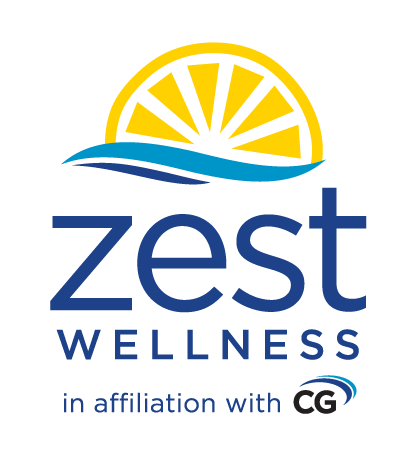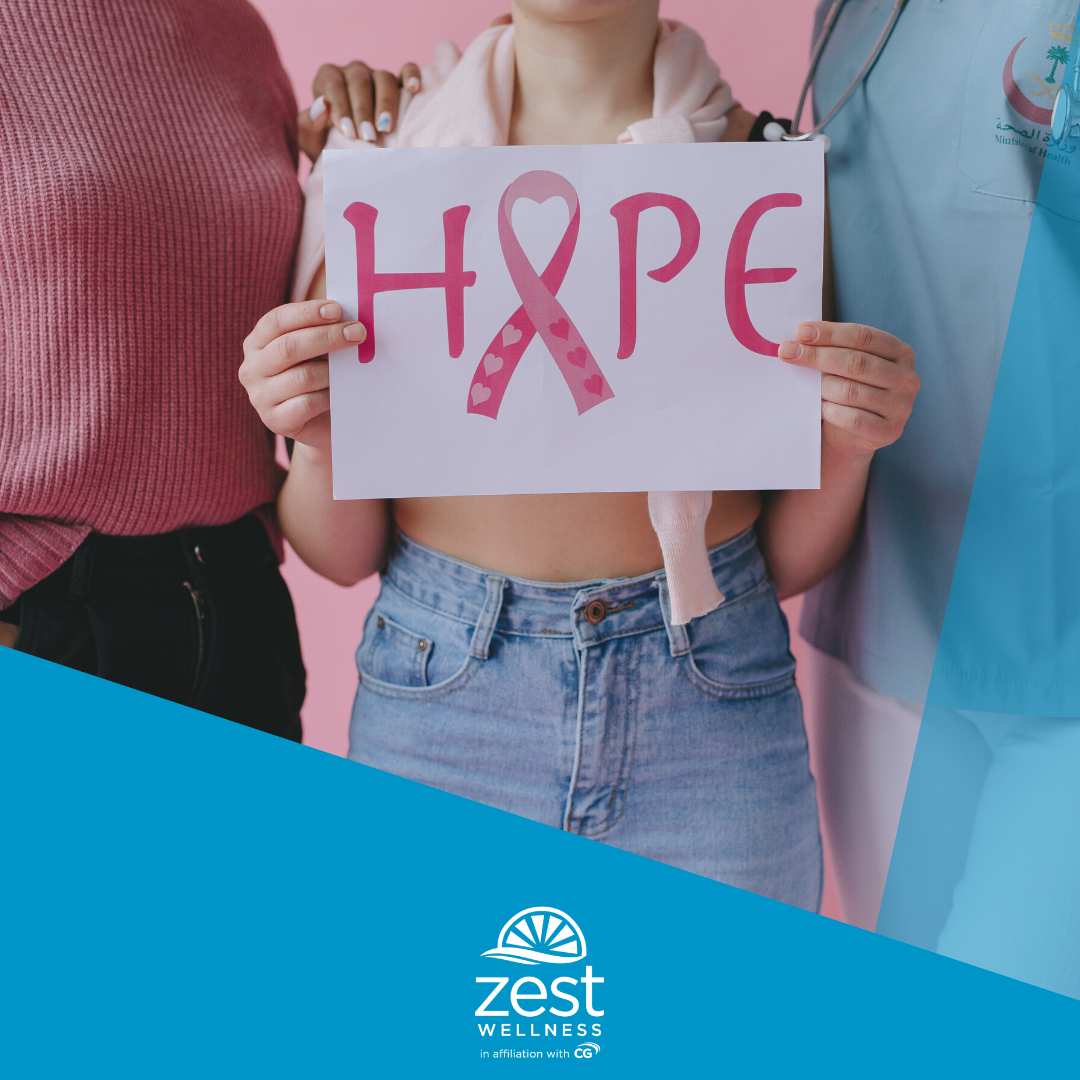Forget Me Not: A Guide to Understanding Alzheimer’s in Our Communities (and Still Smiling Through It)
Welcome to World Alzheimer’s Month!
Whether it's forgetting where you parked (again) or misplacing your sunglasses (that are on your head), memory slip-ups happen to everyone. But for those living with Alzheimer’s disease, memory loss is far more than a punchline; it’s a life-altering journey that affects how we connect with the world.
This month, we’re turning our focus to understanding Alzheimer’s: how it works, who it affects, and how we can help!
What Exactly Is Alzheimer’s?
🧠 The Basics
Alzheimer’s disease is a progressive brain disorder that slowly destroys memory, thinking skills, and eventually, the ability to carry out simple tasks. It’s the most common cause of dementia, accounting for up to 70% of cases worldwide.
Globally, over 55 million people are living with dementia, and that number is expected to reach 139 million by 2050. Alzheimer’s doesn’t just affect individuals, it deeply impacts families, caregivers, and communities.
👥 Who Can Get It?
Most cases show up after age 65, but don’t let the birthday candles fool you, younger-onset Alzheimer’s affects around 200,000 people in the U.S. under 65. That’s proof that age isn’t the only factor in play.
Risk factors include genetics, lifestyle, education levels, and even cardiovascular health. In short, what’s good for the heart is good for the brain, so maybe don’t skip leg day or your leafy greens.
What’s Going on in the Brain?
🧩 The Science Stuff (Simplified, Promise)
Think of Alzheimer’s as the brain’s “bad roommate.” It clutters up the place with amyloid plaques and tau tangles (abnormal protein build-ups that jam communication between neurons). Over time, brain cells lose connection, die off, and the brain begins to shrink. These physical changes explain why people with Alzheimer’s experience confusion, memory gaps, and changes in mood or personality.
By the late stage, the damage is so severe that individuals may lose the ability to speak, recognize loved ones, or move independently. Not quite the aging glow-up we were hoping for.
🗂️ The Stages
Early Stage: Mild forgetfulness, losing track of time, and repeating questions. Loved ones may notice changes before the affected individual does.
Middle Stage: Greater memory loss, confusion, mood swings, and difficulty recognizing people. This is when families often feel the burden of caregiving the most.
Late Stage: Full dependence, significant personality changes, and inability to carry out basic tasks. Often, the individual becomes nonverbal.
💬 Even in the late stages, people may respond to music, touch, or familiar voices—proving that love and presence still reach beyond memory.
Caribbean Focus: Local Realities and Cultural Strengths
🌴 Family First
In Caribbean communities, caregiving often falls to the family, especially women, and is deeply rooted in tradition and love. While that brings strength, it can also bring stress, especially when formal resources are lacking.
Despite projected increases of 155% in dementia cases in the Caribbean by 2050, only 16% of countries in the region have made progress on National Dementia Plans (Alzheimer’s Disease International).
But the culture of "we take care of our own" remains powerful. Lean into it, but also advocate for more formal support structures.
📍 Local Resources
Campaigns like #WhatsYourPlan have prompted governments in Puerto Rico and Trinidad & Tobago to fund Alzheimer’s centers and revisit care strategies. Awareness is growing, and every voice matters. Check with your island’s health authority, Alzheimer’s associations, or faith-based wellness programs for support. In the Cayman Islands, organizations like the Alzheimer's and Dementia Association of the Cayman Islands (ADACI) provide valuable resources and support for caregivers and families. No one should walk on this road alone.
Living with Alzheimer’s: Tips & Strategies
🌿 Coping Measures for the Diagnosed
Receiving a diagnosis can be overwhelming, but it is not the end of the story. Many people with early Alzheimer’s continue to live meaningful, active lives for years.
Helpful strategies include:
Keeping a routine and using visual cues (like sticky notes or phone alarms)
Engaging in hobbies and light exercise to stay active
Joining support groups to reduce isolation
Using technology like memory apps or GPS trackers (not just for teenagers anymore!)
Above all, be kind to yourself! On tough days, just remembering where you left your glasses is a victory.
👨👩👧👦 Caregiver Corner
There are over 11 million caregivers in the U.S. alone providing unpaid care for someone with Alzheimer’s (Alzheimer's Association | Alzheimer's Disease & Dementia Help). That’s a staggering number of people putting their lives on pause to help someone they love.
To lighten the load:
Establish simple routines to reduce daily chaos
Use calendars, checklists, and labeled drawers to stay organized
Communicate clearly and calmly. Your tone can say more than your words
And don’t forget: You deserve breaks, too. In the Cayman Islands, ask your local GP or contact ADACI for information about respite options or local caregiver circles
Respite care and support groups aren’t luxuries, they’re lifelines
💡 Remember, it’s okay to grieve the small losses and still celebrate small victories.
Alzheimer’s isn’t just about forgetting; it’s about remembering what matters. The moments, the laughter, the shared history, the care. Whether you're a caregiver, a neighbor, a friend, or someone living with the disease, you have the power to make every day meaningful. Don’t forget to be vocal about it, educate yourself and lean into the supports. And if someone forgets your name, remind them with a smile, and then ask for theirs again tomorrow. Connections are never wasted!
This month, share a memory with a loved one. Donate to a dementia charity. Talk to a neighbor. Little things make big ripples.
“They may forget what you said—but they will never forget how you made them feel.” – Maya Angelou
Sources
Alzheimer's Association | Alzheimer's Disease & Dementia Help
Caregiving - Alzheimer's & Dementia | Alzheimer's Association
#WhatsYourPlan in the Caribbean region | Alzheimer's Disease International (ADI)
Tips for Caregivers and Families of People With Dementia
Alzheimer's Disease Fact Sheet | National Institute on Aging





